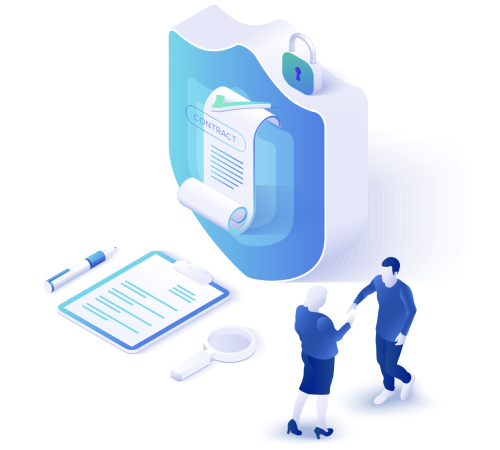For banks, NBFCs, and MSMEs, this process has proven not just inefficient, but at times detrimental to financial health. Recovery managers and compliance heads across sectors often find themselves bogged down by the cumbersome nature of traditional litigation—forced to chase paperwork, coordinate with legal teams, and endure the slow machinery of court schedules.
It was in this context that PrivateCourt—a neutral ADR facilitation platform—identified a glaring gap. While businesses across India were fast embracing digitization, dispute resolution remained largely archaic. There was no structured, intuitive way for businesses to initiate legal action without engaging in the formal litigation route. There was a pressing need for an agile, user-first system—one that could enable businesses to initiate arbitration or conciliation digitally, with speed, accuracy, and neutrality at its core.
That need gave rise to the PrivateCourt Dispute Upload System—a thoughtfully designed, tech-enabled process that allows businesses to file disputes online with minimal effort and maximum control.
Understanding the Problem: Why Traditional Filing No Longer Works
Before delving into the process, it's important to understand why digital dispute filing is a necessity today, not a luxury.
For one, legal complexity has grown. Agreements today involve multi-party obligations, electronic communications, and data-driven transactions. Yet, filing a case often requires manual documentation, hard copies of evidence, and personal visits to legal counsel or arbitration forums. For a bank trying to recover dues from dozens of defaulting accounts or an MSME facing repeated delays in payments from vendors, this simply doesn’t scale.

The lack of centralized tracking, the inability to schedule proceedings independently, and the constant back-and-forth in verifying party information all contribute to wasted man-hours and a loss of business momentum.
PrivateCourt recognized that the real value of an ADR platform lies not just in what it resolves—but in how it enables resolution. Thus, the platform was not merely digitized, but reimagined—from registration to scheduling.
A Smart Digital Route to Dispute Resolution

The digital dispute filing system on PrivateCourt begins with the most fundamental step—identification. A business user, such as a lender or company representative, logs in and selects their pre-registered company profile. The platform automatically links all associated details like address and business KYC, ensuring a smooth start.
The user then defines the nature of the dispute—whether it calls for arbitration, conciliation, or both. With just a few clicks, they can choose an arbitrator or conciliator from a curated list of qualified professionals available through the platform.
What’s more, if the dispute involves a co-facilitator or another resolution partner—such as a law firm or another lending institution—the user can select them too. This feature proves especially useful in syndicated lending scenarios or where third-party oversight is beneficial.
Every case also comes with an option to assign a dedicated case manager, selected by the user. This ensures each matter is overseen by a professional who understands the nuances of the dispute, keeps the process moving, and provides a consistent point of contact.
Designed for Scale and Simplicity
Recognizing that not every business files disputes one at a time, the system offers two distinct upload options: single dispute filing through a detailed online form, and bulk filing via a downloadable Excel template. The latter is a game-changer for institutions like NBFCs and banks that handle high volumes of similar disputes—particularly under sections like 138 (cheque bounce) or for loan defaults.
Once the data is uploaded, PrivateCourt’s internal engine takes over. Every case file undergoes a data sanitization process—where any conflicts, missing details, or irregularities are flagged and sent to an internal team for resolution. Clean entries are seamlessly pushed into the system’s secure case database.

Importantly, this ensures that no user is stuck dealing with rejected filings or misclassified cases. Instead, there’s clarity, accountability, and the assurance that what has been uploaded is progressing.
Your Calendar, Your Control

With validated data in place, the platform empowers users to schedule their hearings using a live dispute calendar. This scheduling interface allows users to view available time slots and select those that align with their convenience. No emails back and forth. No chasing arbitrators. Just streamlined control, even at this final stage.
Building the Future of ADR for Businesses
PrivateCourt’s filing system is not just about making legal services available online. It’s about restructuring how businesses approach conflict resolution. It is a product of deep insight into the real-world problems that enterprises face—designed with precision, backed by compliance, and driven by technology.
In the end, the goal isn’t simply resolution. It’s restoring peace of mind, accelerating operational recovery, and keeping business moving forward.

keywords:file a case digitally, privatecourt platform, dispute resolution, arbitration and conciliation, adr platform, digital dispute filing, business dispute resolution, tech-enabled adr

